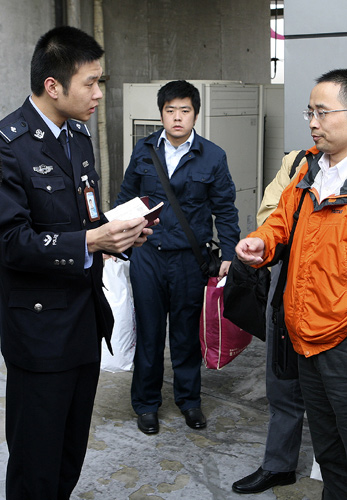Global General
UN: Somali piracy outpaces efforts to stop it
(Agencies)
Updated: 2010-11-10 21:49
 |
Large Medium Small |
UNITED NATIONS - Piracy off the coast of Somalia is outpacing efforts to combat it and more is needed to attack the problem at its root by creating economic alternatives for young Somalis, a top UN official said Tuesday.
B. Lynn Pascoe, UN undersecretary-general for political affairs, said more than 438 crew and passengers and 20 ships are currently being held at sea off Somalia as pirates employ larger vessels and attack further off the coast to avoid stepped up patrols.
The EU, NATO and regional navies are increasingly working together to patrol the Gulf of Aden -- one of the world's busiest shipping lanes crossed by about 20,000 vessels annually -- and other waters off Somalia where pirates operate.
Secretary-General Ban Ki-moon said in a report that pirates have expanded operations well into the Indian Ocean, up to 1,000 nautical miles from Somalia. Some pirates have even begun using a "mother ship" towing two or three skiffs to help launch attacks far off the coast against ever-larger freighters.
British Ambassador Mark Lyall Grant said Security Council members believe naval operations alone will not resolve the problem.
"It is also important to tackle the root causes," he said, advocating increased security on land and alternative sources of income for Somalis.
Pascoe suggested rehabilitating existing coastal fisheries the construction of new ones as a way to create more jobs for Somalis.
"As long as piracy is lucrative, with ransom payments adding up to tens if not hundreds of millions of dollars, and other economic incentives so bleak, the incentives are obvious," he said.




